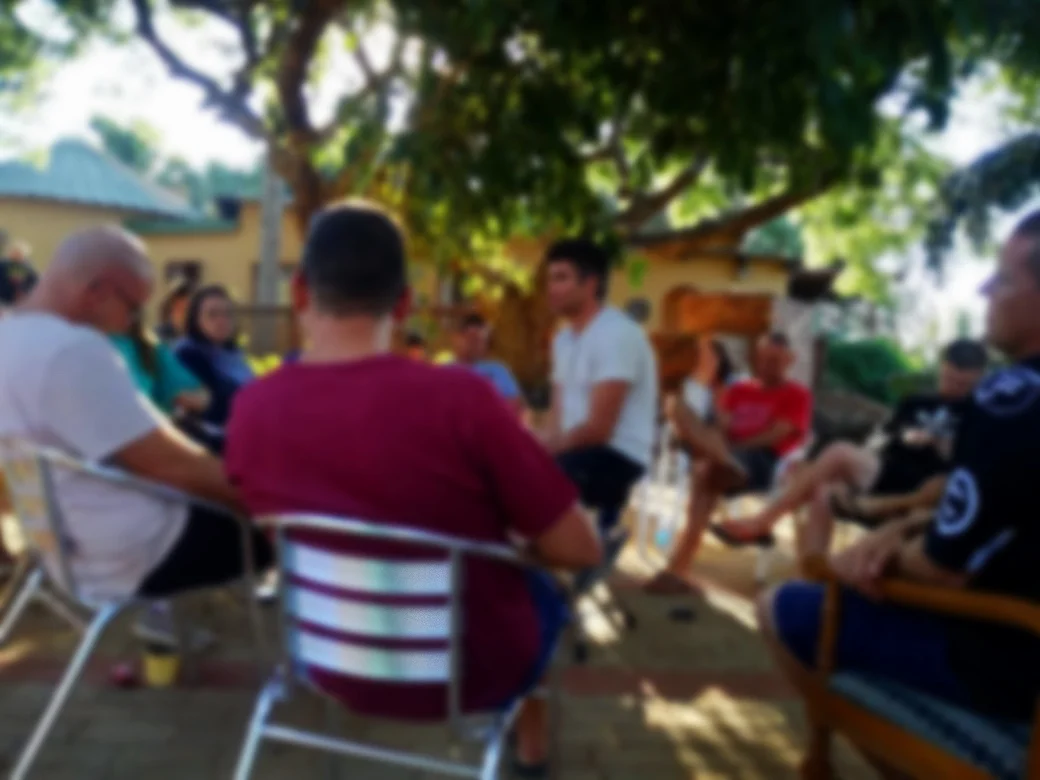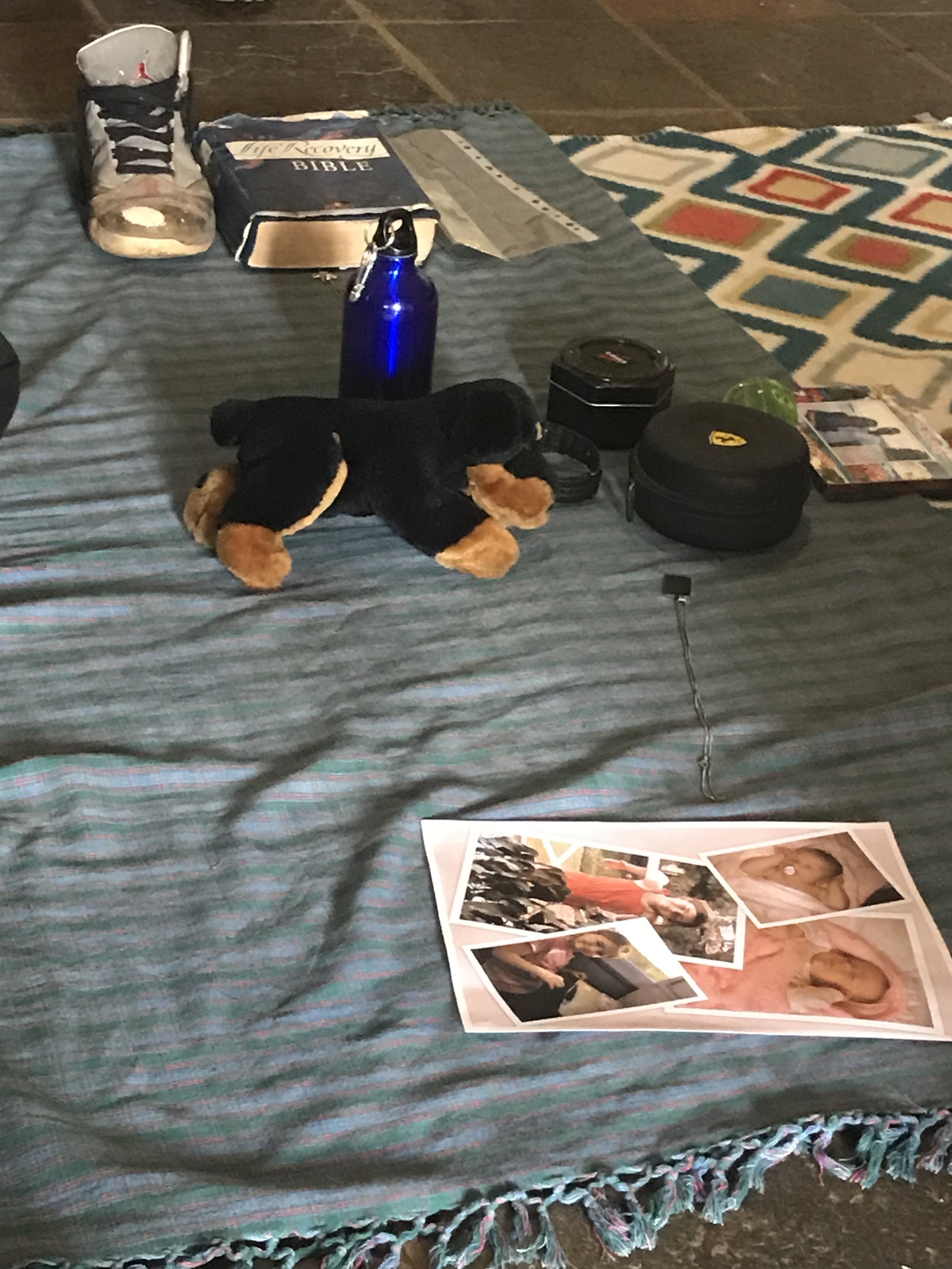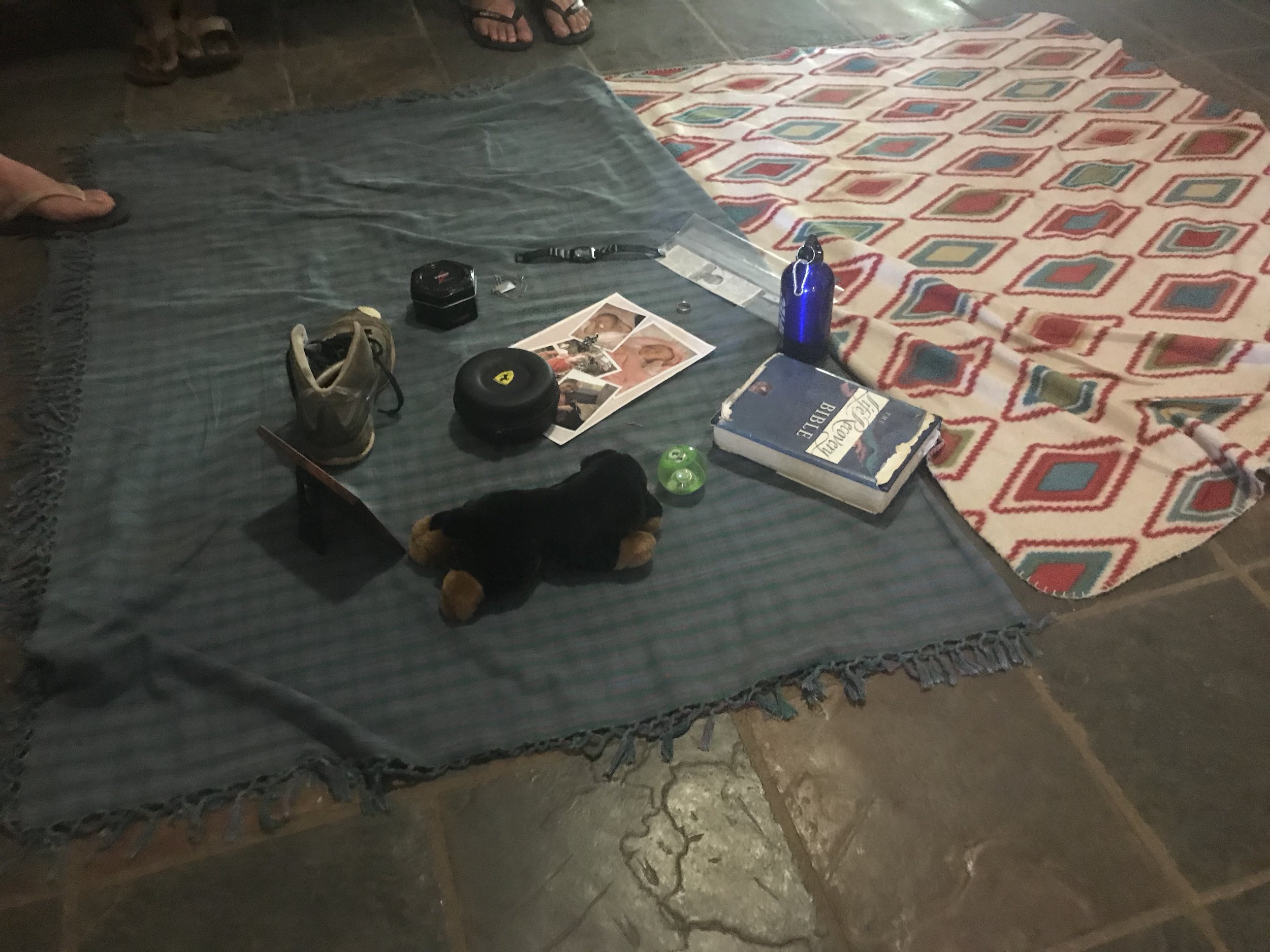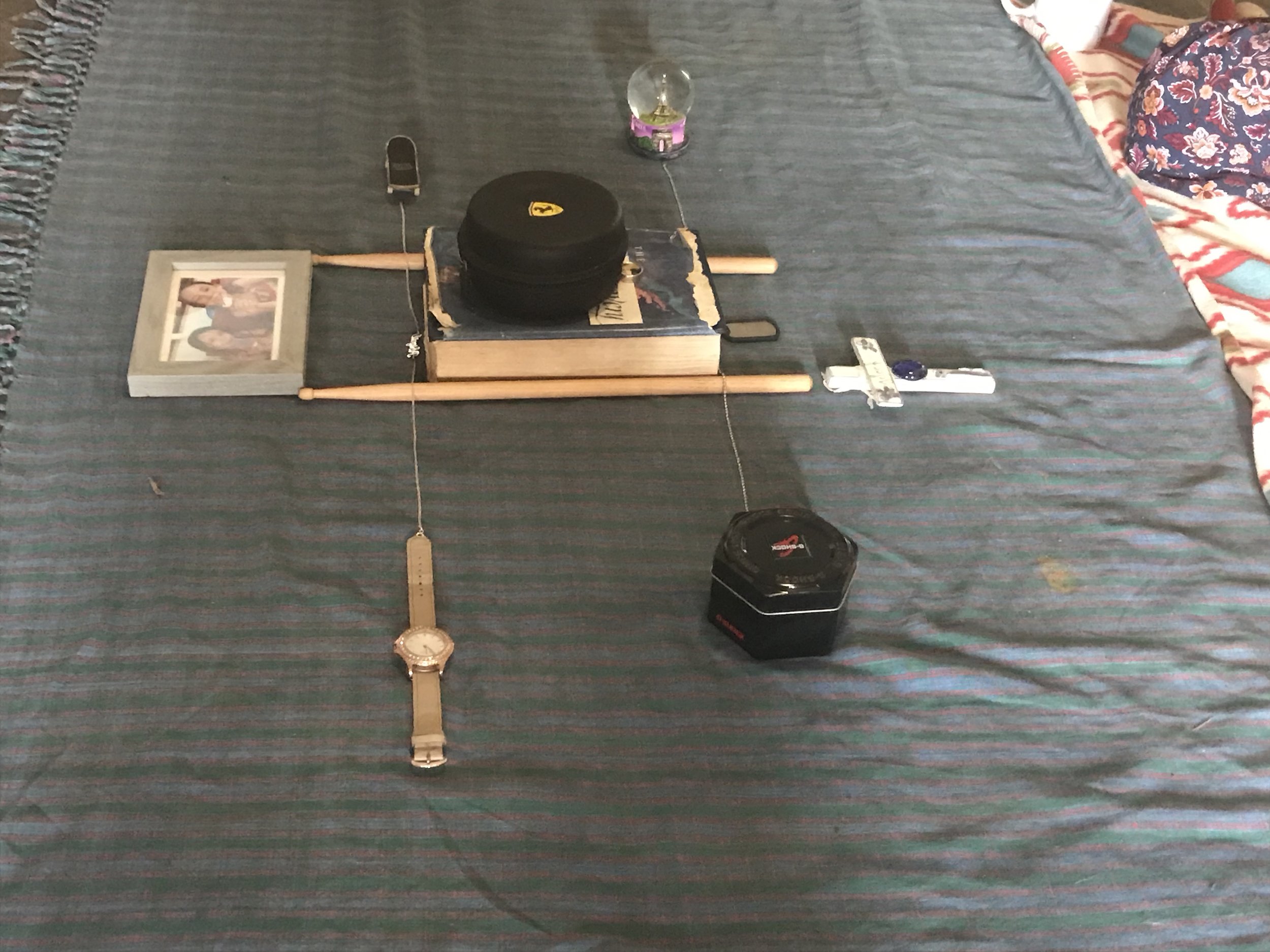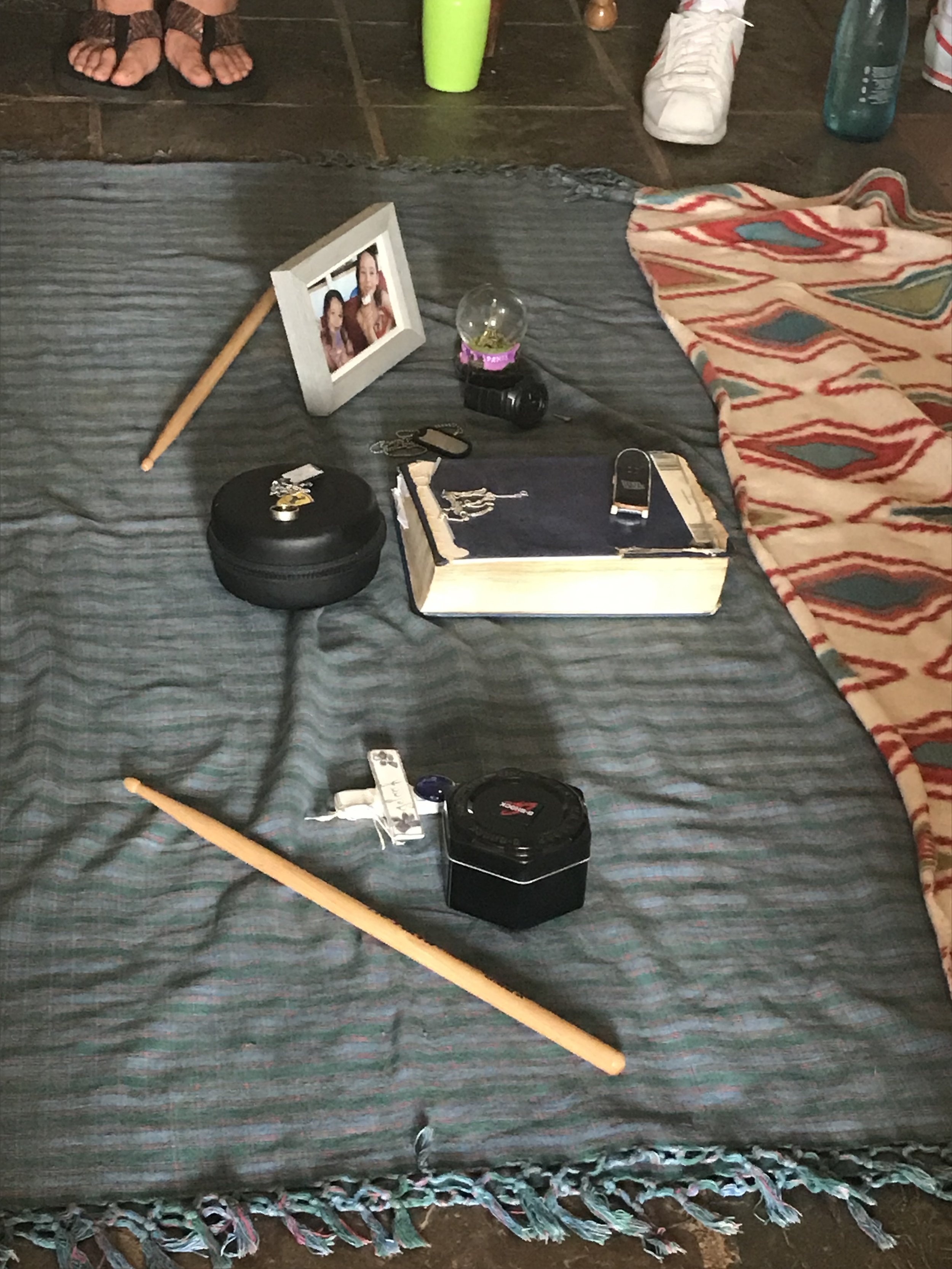As part of the comprehensive treatment programme for addiction we place a lot of emphasis on group work seeing the group function as an important aspect to the therapeutic process of recovery. The impact of being vulnerable in group and receiving constructive feedback from a group of your peers is invaluable to recovery.
As part of our ongoing schedule we have designed a number of highly specialised group weeks all focusing on a very specific theme and all designed to encourage individuals to deal with certain aspects of their recovery. We find that some of these topics and areas of focus are fundamentally important and therefore are assigned an intensive 7 day period of concentrated recovery in this area.
Here are a few of the group weeks already developed:
Shame week
Shame is certainly a part and parcel of any addiction either being a contributing factor to the start of an addiction or as a result of the addiction. Shame can be based on actual experience or perceived experience but forms part of the fundamental identity development of any addict and with such a flaw in ones belief system contributes dramatically to the behaviours, decisions, reactions and choices of someone stuck in addiction.
Shame is fundamentally a belief that we are “bad”, “not good enough”, “unloveable” and so on. Guilt on the other hand is a belief that what we have done is “bad” and the two are often confused. Shame week kicks off with a “Shame-Faced” lecture that sets the tone and understanding of the groups to follow. Daily groups are held dealing with different topics that contribute to shame - trauma, sexual addictions, abuse, failures and so on.
Shame week only works when the community has a sense of absolute trust in one another. We often build trust and community spirit for at least three weeks heading into shame week using different group formats and trust exercises. Sharing your most intimate secrets and truths with a group of individuals requires a deep level of trust in one another.
Mandla Group Week
Mandla groups are another format of group therapy that really challenges an individual and allows the group to see into the unsaid dynamics amongst family members and the correlating behaviour of the resident within the Jahara community.
Residents bring items of sentimental value to group and the group then uses those items to visually depict the dynamics of the community of Jahara and/ or their family. Having an abstract visual explanation of different dynamics really allows individuals to become creative and to depict different ideas that could actually not be described verbally.
The week is concluded with a group task that requires all members to participate to create one ideal representation of what the community should look like. It is within this task that one is able to identify the different roles and behaviours displayed by the members during the task and as facilitators we can provide valuable insight into some of the core problems each individual may have in working within a community (or family) and of course identify their strengths.
Culture of addiction vs Culture of recovery
One of the most crucial elements of fully understanding addiction is to know that addiction is not really about the dependancy on a substance. It is about the entire life-style, it is the motives for taking substances, it is the development of identity within the culture of substance taking and more importantly the deep need for acceptance.
The Culture week helps to highlight just how deeply rooted the life of addiction is embedded in the individual and how the culture contributes so greatly to the development of the thoughts, the attitudes, the behaviours and the beliefs. As an individual starts to realise that they have actually been moulded by an invisible culture into somebody that promotes and protects continued drug use they can then start to challenge their own beliefs and identities.
It is within this frame work that we can also track a way out of addiction through the new development of an identity moulded by a new culture - the culture of recovery. From music choice, gestures, dress codes, beliefs of respect and loyalty, honesty, cars, friends, lifestyle etc all of which is challenged and redirected.
Understanding how to develop a new social network after treatment that ultimately promotes the correct principles and lifestyle is crucial to a long lasting successful recovery.
Ego-States week
Based on transactional analyses and the Ego-States theory individuals are taught how to monitor and identify the different states in themselves and each other and how best to communicate from each state.
Individuals identify their go-to state for different situations and evaluate if this state is in fact the correct one for the different circumstances. Group therapy gets vey interesting once residents start to attempt to invoke different states for those in “the hot seat” while choosing very specifically what Ego-State they need to be in.
The level of awareness and different emotions which are invoked by everyone is amazing. From angry child state to nurturing parent state to critical of self - the journey and group becomes very enlightening and allows us to deal with some very difficult issues and to challenge individuals in areas that generally aren’t easy to challenge.
The group is broken into two - an inner circle and an outer circle - the inner circle are the ones running the group while the outer circle evaluates all of the different responses and non-verbal behaviours and then provides insight and feedback.
One of the groups actually requires individuals to debate certain controversial topics and despite initially entering into certain Ego-states (Nurturing parent, critical parent, child) based on their own emotional reactions and past history they eventually get to a point of engaging in adult like debates - specifically once they have understood and acknowledged their own initial emotional reactions and judgements.
Emotional Intelligence week
Understanding that individuals stop growing emotionally as soon as they start abusing substances or engaging in behaviours that ultimately attempt to block or cope with unwanted emotions gives us a good insight that most people entering treatment have a very low EQ. They have never learnt how to identify or process emotions without addictive behaviours.
As they enter into the treatment process these emotions begin to resurface but are not correctly identified or understood by the resident. As these emotions start to surface so the individual attempts to regain control through more unwanted behaviours. Residents tend to want to run from anything that makes them feel uncomfortable or emotionally vulnerable and this can often contribute to unhelpful behaviours within treatment.
Dedicating a week to understanding emotions, the cause of emotions, the behaviours associated to the emotions and of course teaching them the correct skills in identifying and unpacking the emotions assists individuals to manage their treatment process.
Being able to understand the emotions of others becomes an additional level of skill that assist the residents, their families and all of their other relationships immensely. Moving away from the self-centred, demanding, “I want what I want and I don’t care who I hurt to get it” nature of addicts towards a healthy person-centred recovery perspective is perhaps the very core of successful recovery.
Emotional intelligence week deals not only with negative emotions but also positive ones. Joy, peace, excitement, love are all difficult emotions for individuals who struggle with addiction to deal with or accept often viewing them as boring or self-sabotaging to get back to the more “comfortable” state of chaos.
Other specialised Group weeks
Group weeks are constantly being developed and implemented. Other group weeks include the activities week - a week designed entirely around building team spirit and having fun incorporating things like the amazing race, minute to win it, quizzes, boeresport and party games - often scheduled a few weeks before shame week.
We also have family impact week which works with a number of different family dynamics and highlights the devastation and destruction caused to the residents’ loved ones. These weeks often incorporate the family collateral letters and a guest speaker.
Easter week follows the last days of Jesus leading up to Easter Sunday incorporating teachings as taught during Holy Week by Jesus. We have a sunrise service, watch Passion of the Christ, have a mock last supper, spoil our residents with super food and of course an Easter egg hunt.
